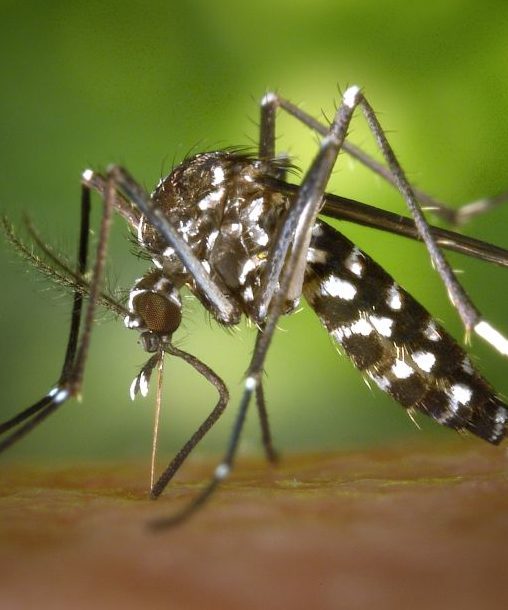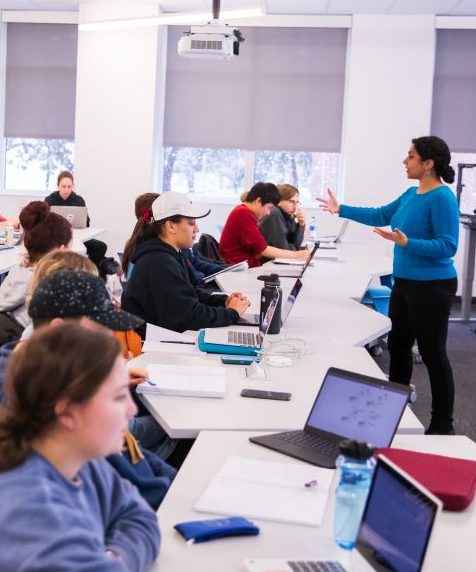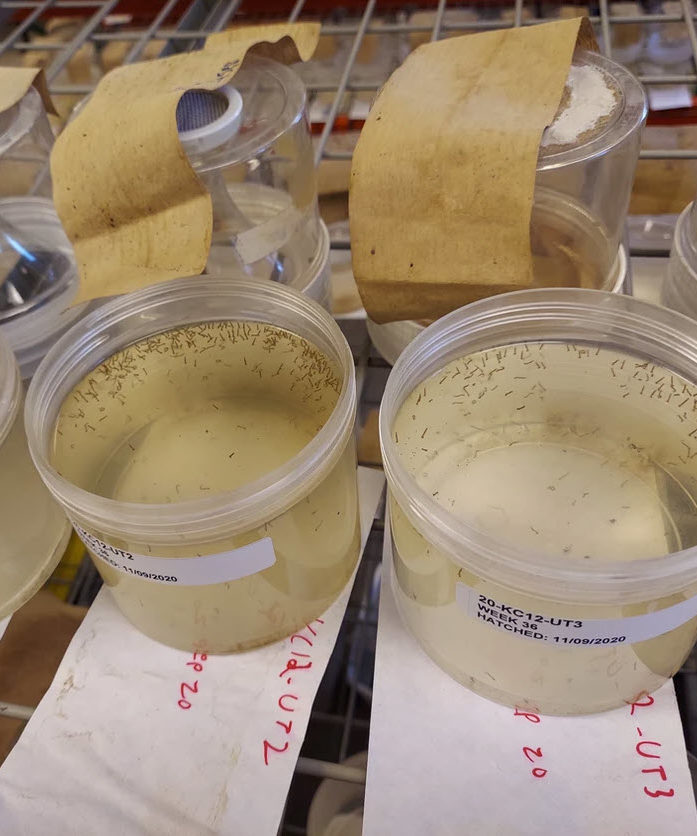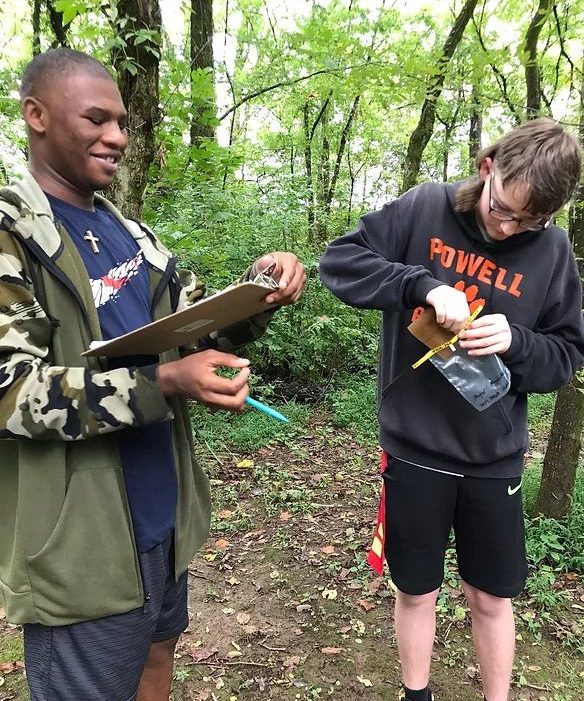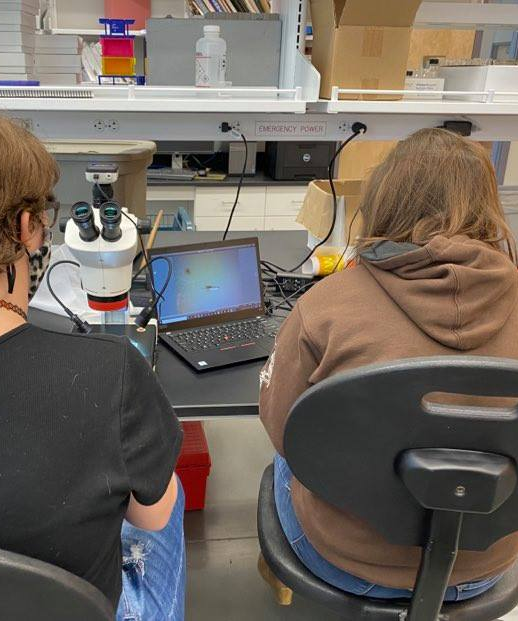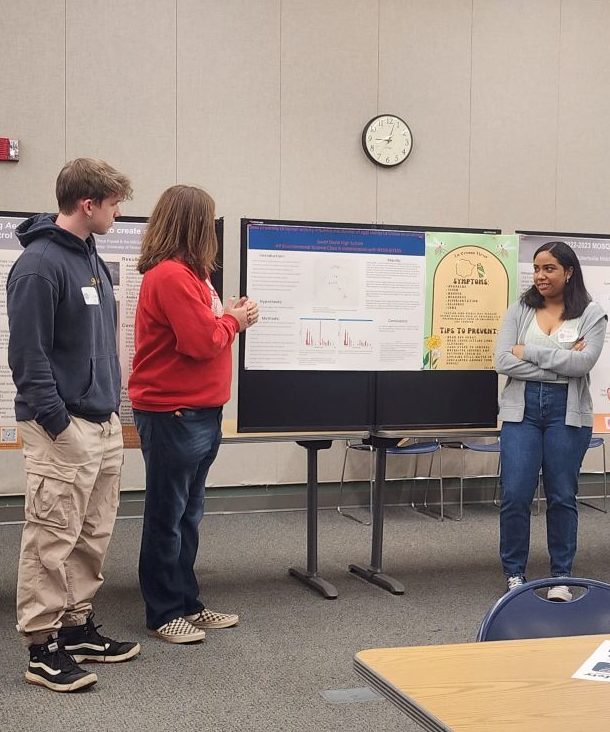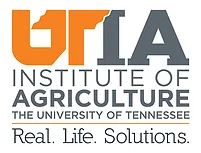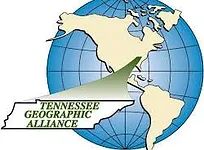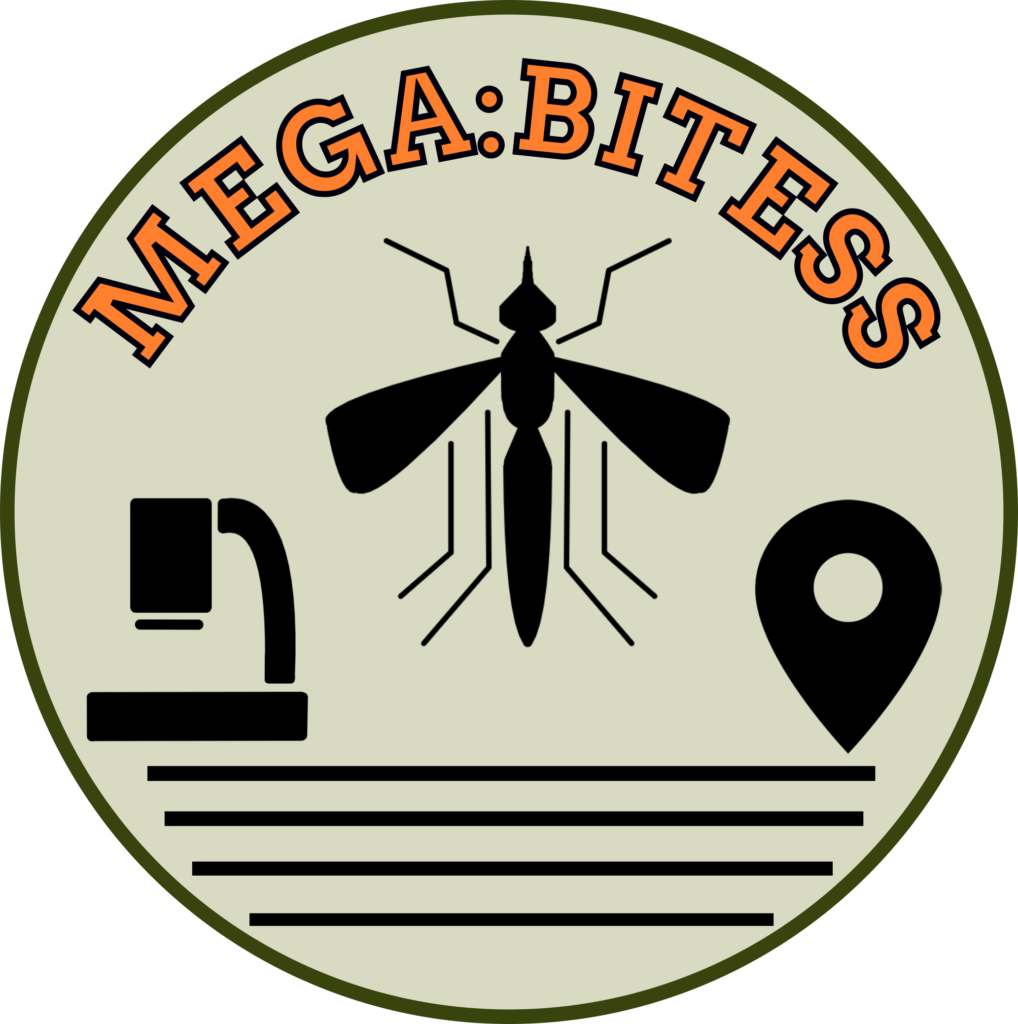
Medical Entomology & Geospatial Analyses:
Bringing Innovation To Teacher Education & Surveillance Studies
Preventing La Crosse Infections in Tennessee Children
The MEGA:BITESS Academy is designed to stimulate innovative classroom teaching and learning, facilitate a workforce interested in entomology and geospatial sciences, and foster a community aware of La Crosse neuroinvasive disease (LACV-ND).
We train educators to develop STEM projects for their middle- and high-school students by examining environmental factors related to the mosquito oviposition (egg laying). This work also increases awareness of La Crosse virus, an arbovirus that effects children and can cause neurological problems to memory and skills.
- Medical entomology focused on improving community-mosquito surveillance
- Aedes triseriatus, the primary mosquito vector associated with tree holes
- Aedes albopictus, an accessory vector associated with containers
- Aedes japonicus, an accessory vector associated with rock pools
- Geospatial technology to develop locally centered maps illustrating where Aedes occurs.
- Science communication to inform and educate local communities about La Crosse virus and prevention.
- STEM education to help create instructive, fun, and useful projects for students to get hands-on experience – and potentially attract them to STEM-related careers.
